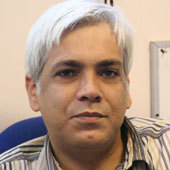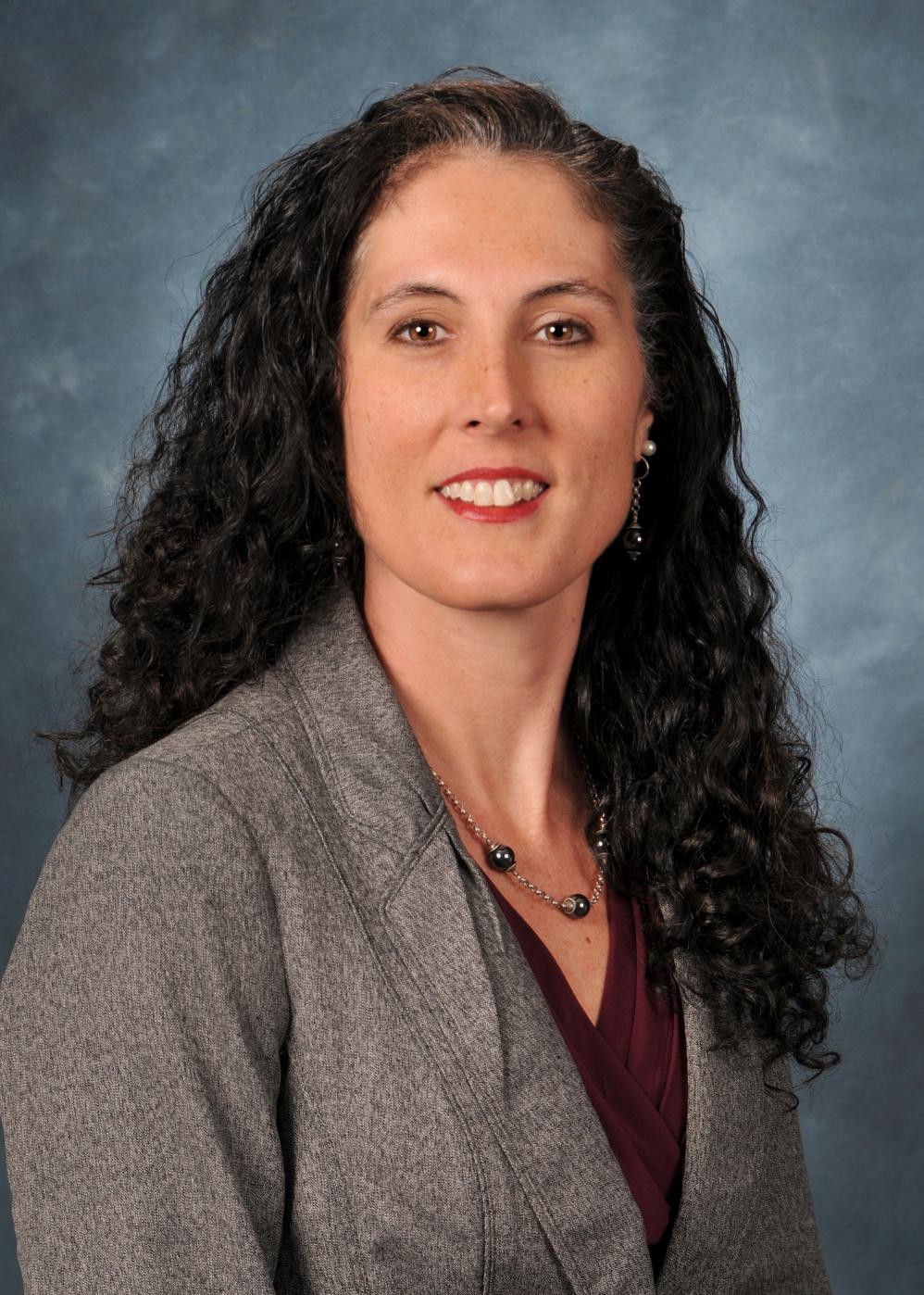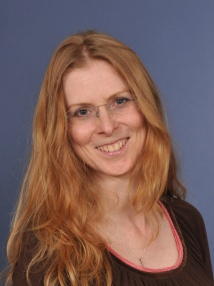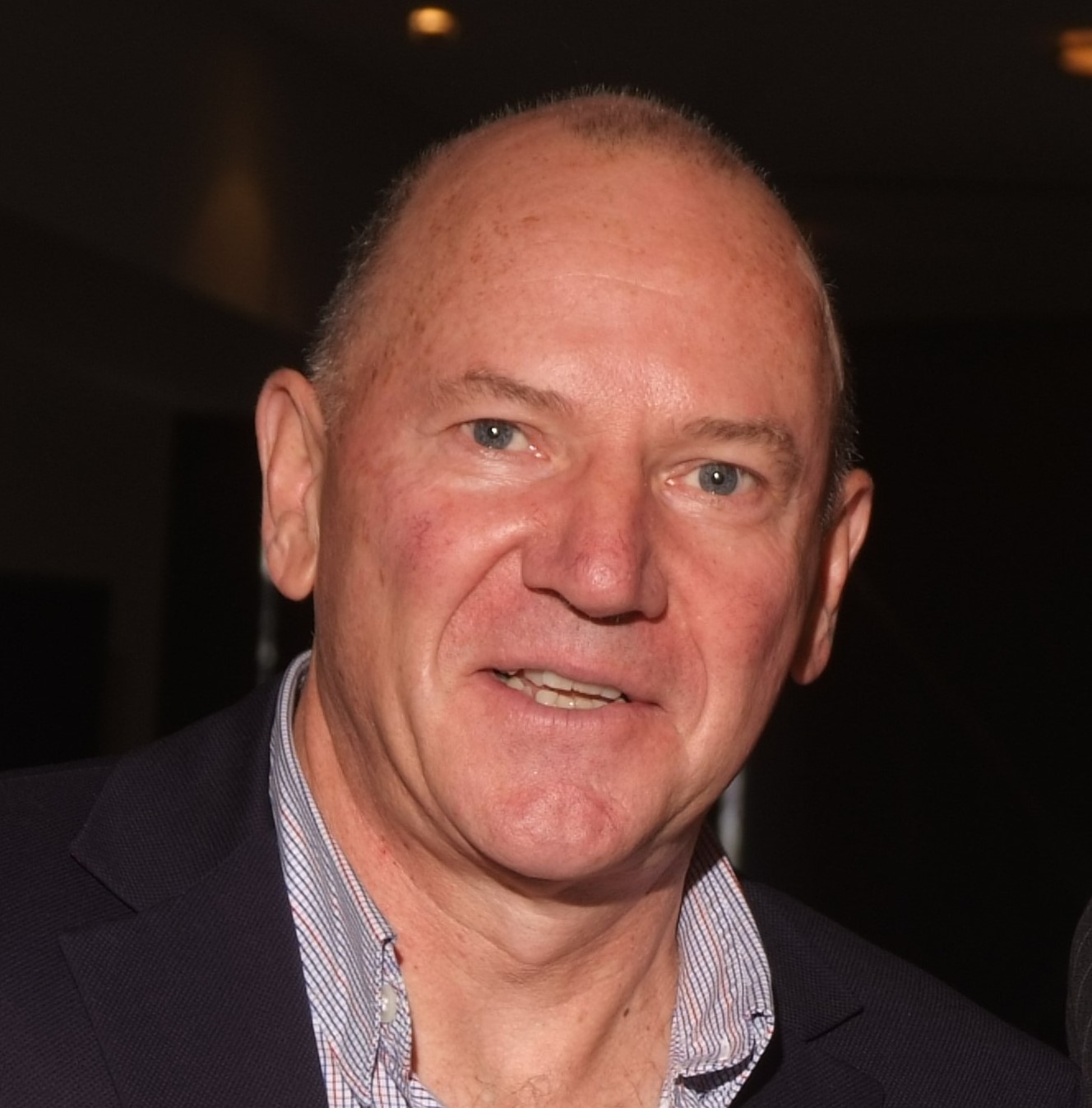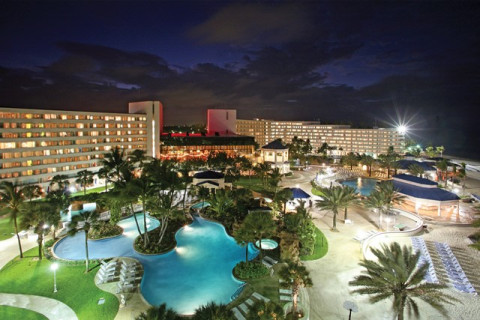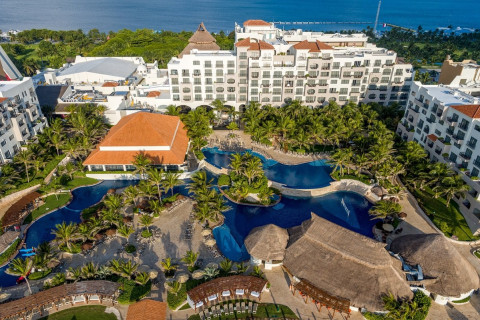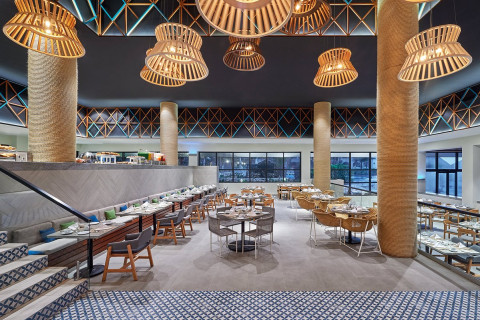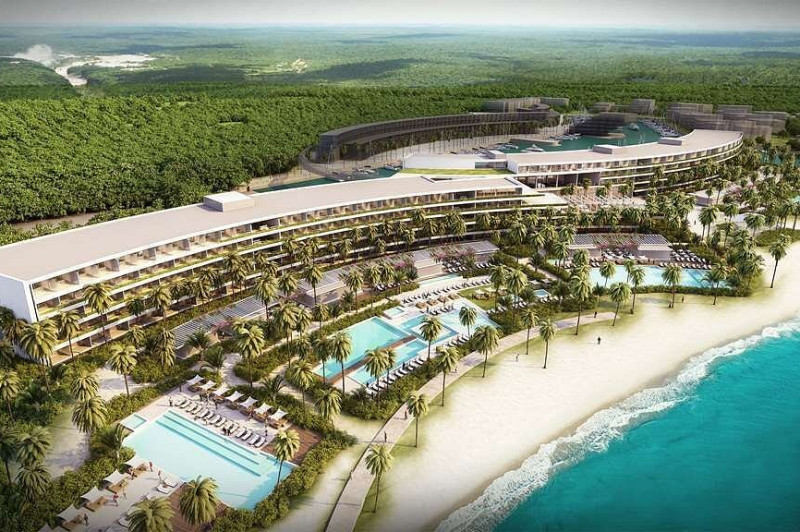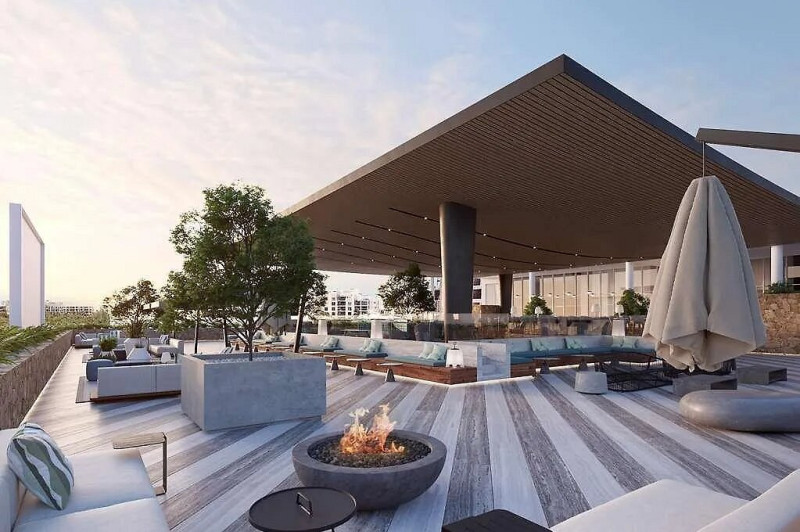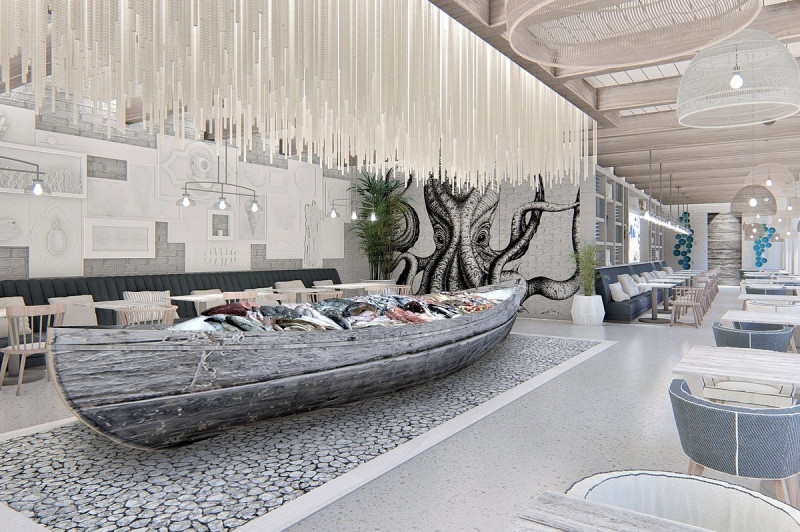- Home
- Past Conferences
- Nuclear Receptors Conference
Nuclear Receptors Conference
New Roles for Nuclear Receptors in Development, Health and Disease
27 Feb - 02 Mar 2018
Cancun, Mexico
Early Bird - Expired • Talk Submission - Expired • Poster Submission - Expired • Registration & Payment Deadline - Expired
Report
New Roles for Nuclear Receptors in Health, Development & Disease
Cancun, Feb 27th - March 02nd 2018
This new major meeting, focussing on recent breakthroughs and insights in Nuclear Receptor Biology, took place in Cancun, Mexico from Feb 27th to March 2nd 2018. It had a broad remit, to cover how nuclear receptors shape development and contribute to health as well as how their dysfunction and dysregulation can cause disease - and importantly how we can exploit them therapeutically. The attendance reflected this breadth, with scientists and clinicians whose research areas included fertility, oncology, cardiology, endocrinology, ageing, neuroscience, reproduction and metabolism. The meeting was chaired by an international panel consisting of Charlotte Bevan and Simak Ali (Imperial College, London, UK), Karen Knudsen (Sidney Kimmel Cancer Center and University of Philadelphia, USA) and Wayne Tilley (University of Adelaide, Australia).
As the inaugural Fusion Nuclear Receptor meeting, a keynote address, sponsored by Cancer Research UK, was given by the “Father of molecular endocrinology”, Bert O’Malley (Baylor College of Medicine). He gave an overview of the history of the field, encompassing the first work on steroid hormones, the cloning of their receptors, right up to his current exciting work on nuclear receptor cofactors in disease and therapy.
The rest of the meeting divided into relevant subject areas, although inevitably there was a lot of cross-talk and cross-fertilisation between sessions. Day 1 began with a wide-ranging session on “NR in Development, Metabolism and Reproduction”. The first speaker, David Moore (Baylor) gave an authoritative and thought-provoking plenary on how the receptors PPARalpha and FXR act and compete in the liver to regulate liver energy, and later in the session these receptors came up again in Catherine Williamson’s (King’s College, London) talk on metabolic adaptations in gestation and David Volle’s (Clermont) on NR networks in male fertility. Carlie de Vries (Denmark) described how the orphan receptor Nurr77 links inflammatory response and mitochondrial metabolism in macrophages. Ying Zhou (Baylor) discussed Vitamin D receptor regulation of macrophages in the liver and Kendall Nettles (Scripps) described systems biology discovery of new roles for GR in skeletal muscle. Exciting data was also presented on roles of “sex steroid” receptors, AR and ER, in non-reproductive tissue (Muscle and brain) in talks by Frank Claessens (Leuven) and Charlotte Cornil (Liege). The session closed with a fast-paced panel discussion, led ably by the session chairs and involving all the speakers and many of the audience. This set the tone for these panel discussions which were a well-received and a stimulating feature of the meeting as a whole.
Day 2 began with the hot topic of nuclear receptor crosstalk. Three of the talks (Karen Knudsen (Philadelphia), Dan Gioeli (Virginia) and Claire Fletcher (Imperial College discussed the issue of NR crosstalk with DNA damage repair pathways, while Theresa Hickey (Adelaide), Suzanne Conzen (Chicago) and Wilbert Zwart (NKI) dealt with NR-NR crosstalk. Both of these have enormous implications for cancer therapy, and the question of synthetic lethality and how this translates to patients was hotly debated in the panel discussion. The afternoon session went on to Epigenetics & Chromatin Regulation – by and of NRs – and it covered enhancer RNAs (Lee Kraus (UTSW) and Luca Magnani (Imperial)), transfer RNAs (Jessica Finley-Schultz (Colorado)), microRNAs (Charlotte Bevan (Imperial)) and the importance of genomic 3D structure on transcriptional regulation (Yijun Ruan, Jackson Laboratory). The latter topic was picked up again on Day 3 in the session on Structure and Regulation, by Sebastiaan Meijsing (Max Planck Inst). This session also included several speakers on NR structure, (Eric Ortlund (Emory), Eva Estebanez-Perpina (Barcelona) Isabelle Billas (IGBMC), Eric Kalkhoven (Utrecht) and John Schwabe (Leicester). This is a controversial subject on which some disagreements are evident in the field, providing a great deal of discussion. We also heard how mutations alter NR structure and functional, from Geoff Greene (Chicago) and Steffi Osterreich (Pittsburgh).
Session 4, on NR in Non-Malignant Disorders, was kicked off by Philippa Saunders (Edinburgh), an authority on steroids in the female reproductive system, who talks about androgens in the endometrium; endometriosis was also discussed by Sang Jun Han (Baylor) in the context of ERbeta. Toshiya Tanaka (Tokyo) presented interesting work on PPARalpha ligands for non-alcoholic fatty liver disease. Fascinating talks were given by David Ray (Manchester) on nongenomic actions of GR, with implications in development, Susanne Mandrup (Southern Denmark) on differentiation of mesenchymal stem cells, Ines Pineda-Torra (UCL) on Liver X Receptor in metabolic disease and Pamela England with her work on Nurr1 as a potential drug target in Parkinson’s disease
The final session on NR in cancer picked up on some of the themes from previous talks, with Amy Mandigo (Jefferson) discussing AR interactions with Rb and E2F1 signalling in prostate cancer, while Gordon Hager showed his fascinating work concerning tracking transcriptional regulation in real time. Scott Dehm (Minnesota) talked about truncated AR variants and their significance in prostate cancer, while Ganesh Raj (UTSW) described new ways to target a so-called “orphan” receptor in breast cancer and Amina Zoubeidi (Vancouver) described less specific ways of inhibiting androgen signalling in prostate cancer to prevent cell plasticity.
Two poster viewings were held (days 1 and 3) and poster judges were drawn from the speakers: the awards went to 3 early-career researchers who were also well represented in the oral presentations. The attendance at all sessions was close to 100%, typical of the collaborative and collegiate atmosphere at the meeting. Panel discussions were frank and inclusive, and indeed were continued into he social aspects of the meeting, which again illustrated the friendly and inclusive atmosphere. The feeling was overwhelmingly that this was a hugely useful and timely meeting which should be revisited in 2020. The breadth of the programme and speakers was acknowledged to be unique and a positive reason why so many would enthusiastically return, in additional to the opportunities for networking with so many key researchers in an intimate meeting. The venue and professional, friendly and effective organisation by Fusion Conferences were also felt to be major contributing factors to the meeting’s success. The free time in the afternoons, whether with colleagues on arranged tours, or informal activities at the resort, enhanced networking and were greatly appreciated by all attendees.
The meeting was made possible by generous support from Gold sponsors Janssen, Bronze sponsors the Society for reproduction & Fertility and Cancer Research UK, and endorsing partners Society for Endocrinology and Journal of Molecular Endocrinology.
Synopsis
Nuclear Receptors are, physiologically and pharmacologically, a critical superfamily of transcription factors. They drive key processes at every stage from development and reproduction to ageing and cancer. They are critical determinants of everyday health via their roles in metabolism and circadian rhythms. Nuclear receptors allow external factors to influence cellular pathways and the fact that many bind and are activated by small molecules means they represent highly druggable targets; currently, 13% of FDA-approved drugs target nuclear receptors.
This meeting will address the new roles and novel crosstalk mechanisms that are emerging for many of the 48 human nuclear receptors, in health and disease. For example, it has long been known that the estrogen receptor drives progression of breast cancer, and patients with estrogen receptor-positive disease are treated using antiestrogens or aromatase inhibitors to inhibit estrogen signalling. Now however, it is apparent that the androgen receptor can in some cases drive breast cancer progression and is a therapeutic target, resulting in clinical trials for androgen receptor-targeting therapies in advanced breast cancer. The androgen receptor, itself long the main therapeutic target in prostate cancer, is emerging as a key player in metabolic disease, while conversely other nuclear receptor including the glucocorticoid receptor and several orphan nuclear receptors are implicated in prostate cancer progression. Meanwhile, given the impact of many nuclear receptors on the central nervous system, it is unsurprising that they are being explored in the context of neurological disorders and depression. Thus there is wide scope for re-purposing of licensed drugs and development of new NR-targeting therapies for a host of conditions and diseases.
Crosstalk between nuclear receptors and other fundamental processes is another exciting expanding area that will also be covered. DNA damage repair pathways are inextricably linked to steroid signalling via transcriptional processes, with implications for drug combinations in several diseases. Hitherto unsuspected roles of nuclear receptors in epigenetic control and the processing and function of non-coding RNAs opens up to capacity of this superfamily to further means of impacting on development and normal functioning, but also on disease development.
This unique meeting will bring together many of the leading figures in nuclear receptor research from across the globe, to discuss emerging roles and their implications for health and disease – and both human and drug development – in an intimate meeting that will generate meaningful idea exchange and interaction that will help to further shape this influential field.
Join the conference LinkedIn group to keep up to date with announcements and latest news concerning the conference.
Key Sessions
- Further emerging roles for nuclear receptors in cancer
- Structural insights into nuclear receptor function and crosstalk
- Nuclear receptors’ role in epigenetic regulation and non coding RNA
- Nuclear receptors and DNA damage
- Nuclear receptors and cell cycle
- Nuclear receptors in metabolism/metabolic disease
- Nuclear receptors in the CNS
Target Audience
Scientists and Clinician Scientists at a range of levels from postdoctoral and up: Principal Investigators, Junior Team Leaders, Research Fellows. Ambitious postgraduate students in the field will also be encouraged to attend.
Relevant specialties are wide-ranging, reflecting the importance of nuclear receptors in many aspects of health and disease. These include Endocrinology, Oncology, Paediatrics, Urology, Gynaecology, Obstetric Medicine, Neuroscience, Cardiology.
Learning Objectives
- Introduce the newest advances, in discovery and methodology in the field of Nuclear Receptor research to a wide audience, through oral and poster presentation with both formal and informal discussion.
- Develop a deeper understanding of the latest advances in our knowledge of nuclear receptor biology at all levels (structural, transcriptional, cross-talk with each other and with different pathways) and the subsequent effects on development, reproduction and disease.
- Consider and possibly extend the evidence base for re-purposing of nuclear receptor-targeting therapies
- Provide an environment for cross-talk and cross-fertilisation between all Nuclear Receptor-related disciplines (reproduction, fertility, neuroscience, oncology, structural biology, transcription) allowing the different disciplines to learn from each other and forge new collaborations
- Celebrate over 30 years of Nuclear Receptor research while discussing the next challenges in the field and how we can address them.
Student Grants
We currently have 3 x $800 student grants available for the conference to help offset the cost of registration. If this is of interest to you, please send the following to Meredith@fusion-conferences.com by 15th January 2018:
- Name and brief description of your current research
- Why you would benefit from attend
- An abstract for poster consideration
Student Offer
Take advantage of this fantastic opportunity for students! Register an academic at the standard rate of $1,798.00 and bring a student for only $745. Unfortunately, Postdocs are not eligible. Both registration packages include; accommodation for the 27th February, 28th February and 1st March 2018 (on a shared basis for students, note guest rooms are open plan) and a 24hour all-inclusive food and beverage package for the conference period. Once you have registered and paid in full, please contact Meredith Willmott (Meredith@fusion-conferences.com) to obtain a special registration link for your student.
Publishing Opportunity
We are delighted to be working with Bioscientifica publishing house to publish abstracts from the Nuclear Receptors Conference, 27th February – 02nd March 2018 in Cancun, Mexico. Bioscientifica publishes many of the leading journals and online products in endocrinology on behalf of, and in collaboration with, key endocrine societies worldwide. They provide permanent, citable, free-to-read records of meeting abstracts, ensuring the content from an event remains discoverable and available in perpetuity, prolonging the life of the event.
If consent is given abstracts from speakers, oral presenters and poster presenters will be published. Please see the Bioscientifica website for more information about them.
If you would like your abstract to be published, please provide consent by confirming via email (meredith@fusion-conferences.com). Please note this opportunity is not mandatory we will only publish abstracts if consent has been given.
Confirmed Plenary Speakers
Geoffrey Greene (The University of Chicago)
UNDERSTANDING AND EXPLOITING STEROID RECEPTOR CROSS TALK IN HORMONE SENSITIVE CANCERS
Bert O'Malley (Baylor College of Medicine)
NUCLEAR RECEPTORS AND THEIR COACTIVATORS: AN ENTRE TO UNDERSTANDING HUMAN DISEASES
David Moore (Baylor College of Medicine)
Confirmed Invited Speakers
Suzanne Conzen (The University of Chicago)
MODULATING GLUCOCORTICOID RECEPTOR FUNCTION IN BREAST AND PROSTATE CANCER
Frank Claessens (University of Leuven)
DIRECT AND INDIRECT EFFECTS OF ANDROGENS ON THE MUSCULOSKELETAL SYSTEM
Scott Dehm (University of Minnesota)
CLINICALLY-RELEVANT CONTEXTS FOR AR VARIANTS IN PROSTATE CANCER
Theresa Hickey (The University of Adelaide)
Lee Kraus (The University of Texas Southwestern Medical Center)
NUCLEAR RECEPTORS, TRANSCRIPTIONAL ENHANCERS, AND GENE REGULATION
Luca Magnani (Imperial College London)
MAPPING THE EPIGENOME OF BREAST CANCER PATIENTS TO EXPOSE NEW MECHANISMS OF ENDOCRINE THERAPY RESISTANCE
Susanne Mandrup (University of Southern Denmark)
TRANSCRIPTIONAL NETWORKS REGULATING MSC DIFFERENTIATION
Sebastiaan Meijsing (Max Planck Institute for Molecular Genetics)
TRANSCRIPTIONAL REGULATION BY THE GLUCOCORTICOID RECEPTOR: ROLE OF DNA SHAPE AND SEQUENCE IN MODULATING OUTPUT AND NOISE
Eric Ortlund (Emory University)
TARGETING LRH-1 WITH SMALL MOLECULE MODULATORS
Steffi Oesterreich (Women's Cancer Research Institute)
Eva Estébanez-Perpiñá (University of Barcelona)
ANDROGEN RECEPTOR DIMERIZATION
David Ray (The University of Manchester)
RAPID, CYTOPLASMIC ACTIONS OF THE GLUCOCORTICOID RECEPTOR IMPACT ON CELL MOVEMENT
Ganesh Raj (University of Texas Southwestern Medical Center)
Yijun Ruan (The Jackson Laboratory)
Philippa Saunders (University of Edinburgh)
ANDROGENS AND ENDOMETRIAL FUNCTION: REPLICATION, REPAIR AND REGENERATION
Carol Sartorius (University of Colorado)
PROGESTERONE RECEPTOR REGULATION OF CANCER CELL TRANSLATION
John Schwabe (University of Leicester)
Carlie de Vries (University of Amsterdam)
NUR77 GOES METABOLIC IN MACROPHAGES
Catherine Williamson (King's College London)
GESTATIONAL METABOLIC ADAPTATIONS SIGNALLED THROUGH NUCLEAR RECEPTORS
Wilbert Zwart (Netherlands Cancer Institute)
ESTROGEN RECEPTOR CISTROMICS IN BREAST TUMORS: FROM BIOMARKERS TO NOVEL DRUG TARGETS
Confirmed Speakers
Chairs
Plenary Speakers
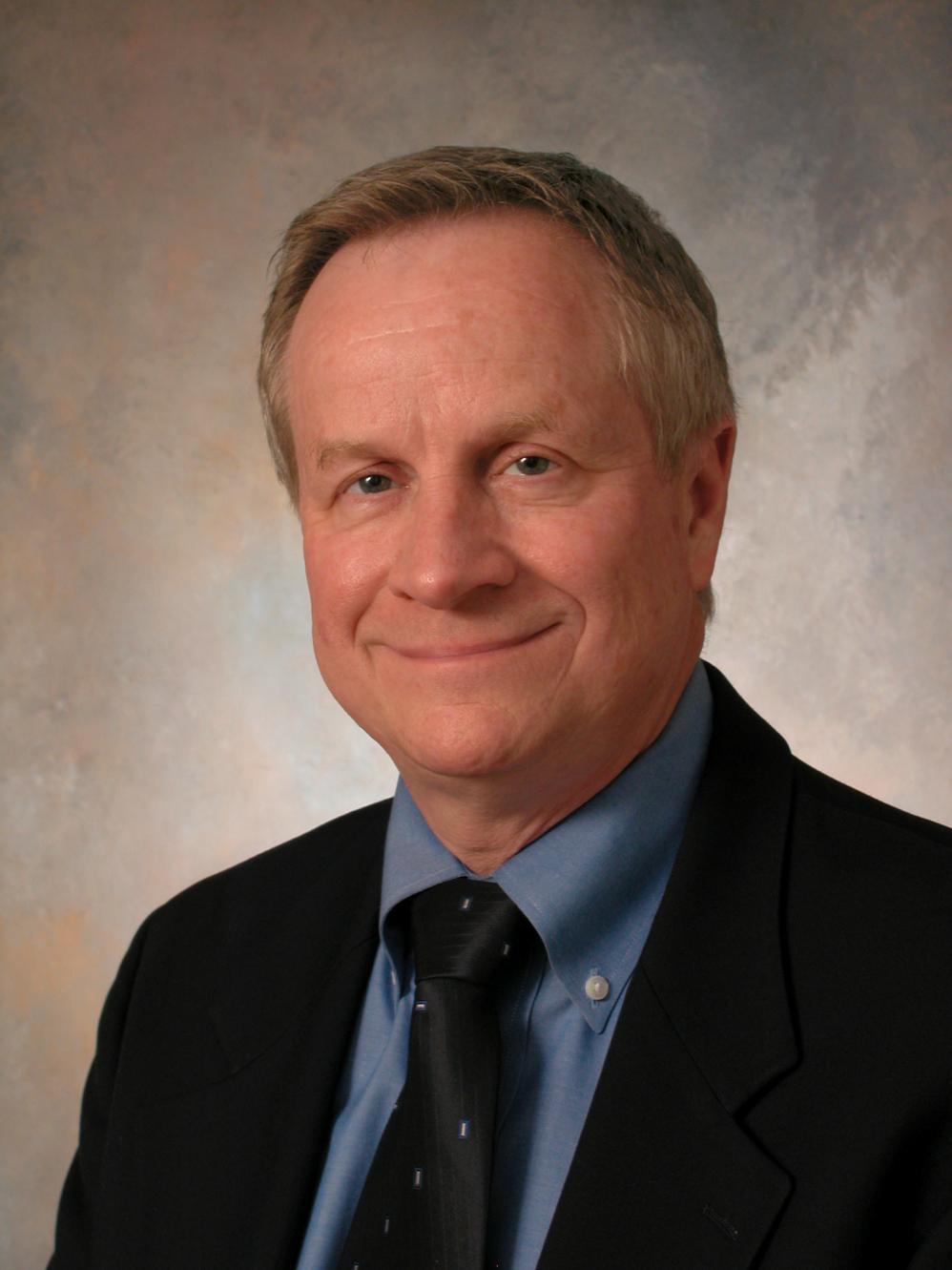
Geoffrey Greene
Professor and Chair, University of Chicago
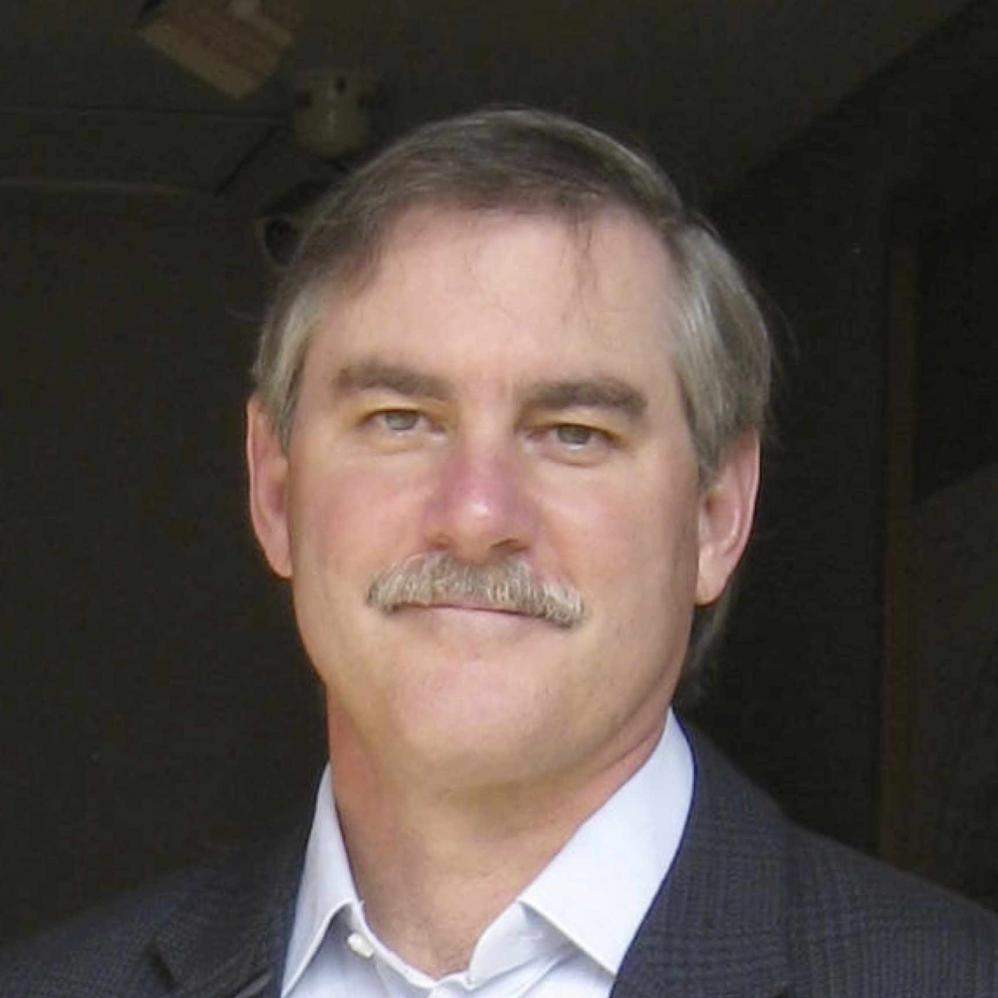
David Moore
Professor, Baylor College of Medicine
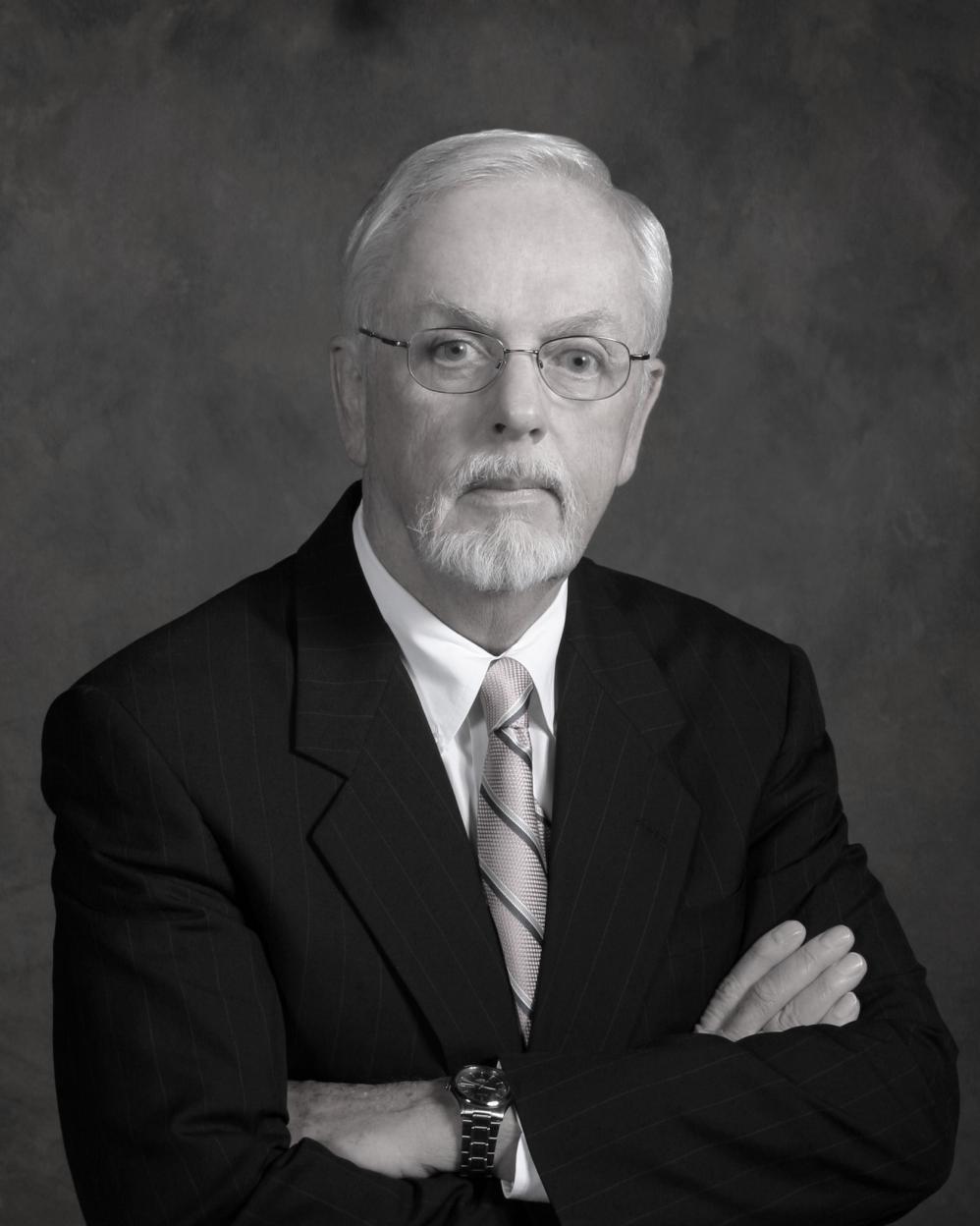
Bert O'Malley
Professor and Chair, Baylor College of Medicine
Invited Speakers

Sebastiaan Meijsing
Group leader, Max Planck Institute for Molecular Genetics

Carlie de Vries
Professor, Chair, Amsterdam UMC, location AMC, Uni of Amsterdam
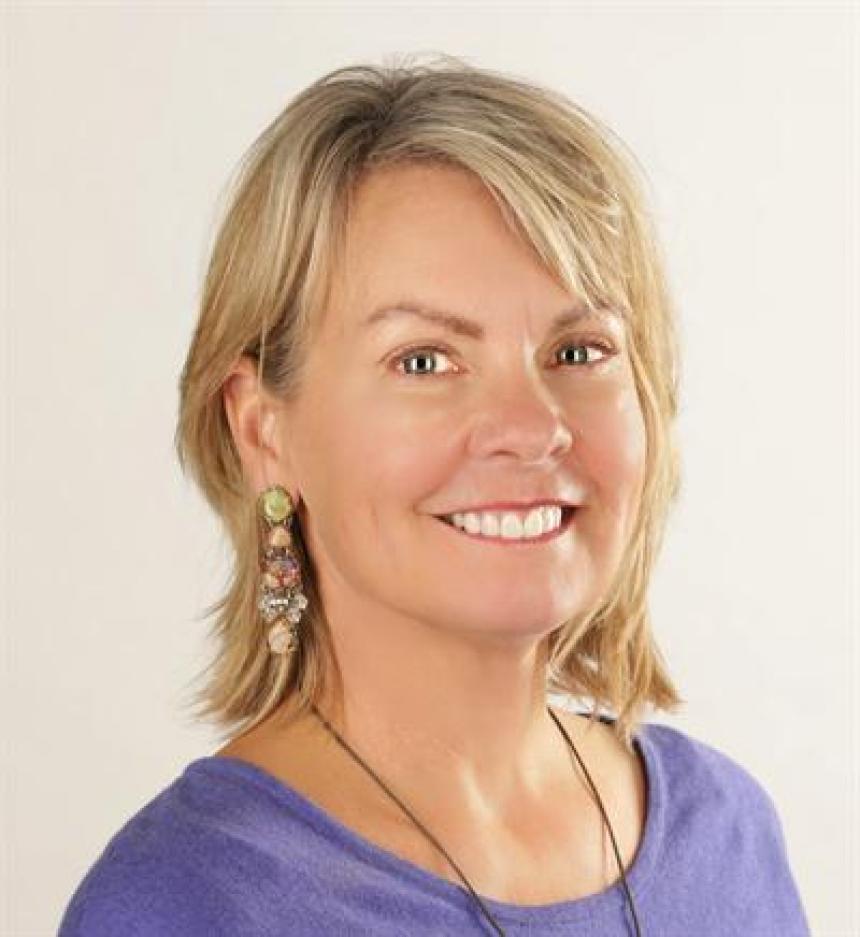
Theresa Hickey
Senior Research Fellow, University of Adelaide

W. Lee Kraus
Professor and Director, UT Southwestern Medical Center

Luca Magnani
Chair in Cancer Adaptation and Evolution, Imperial College London
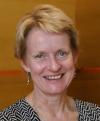
Philippa Saunders
Professor, The University of Edinburgh
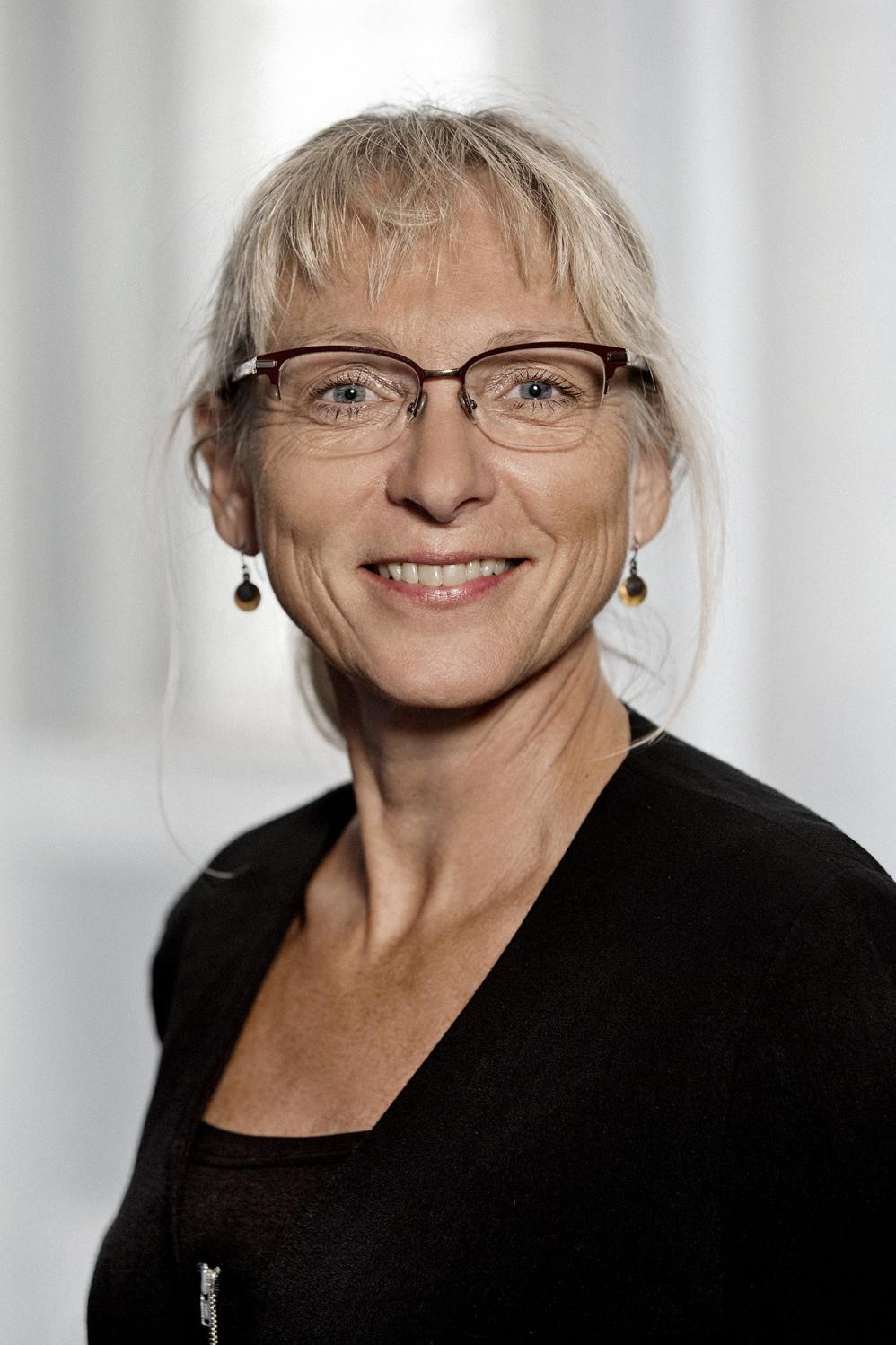
Susanne Mandrup
Professor, University of Southern Denmark
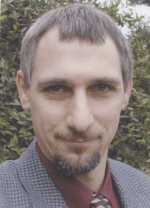
Frank Claessens
Prof., KU Leuven
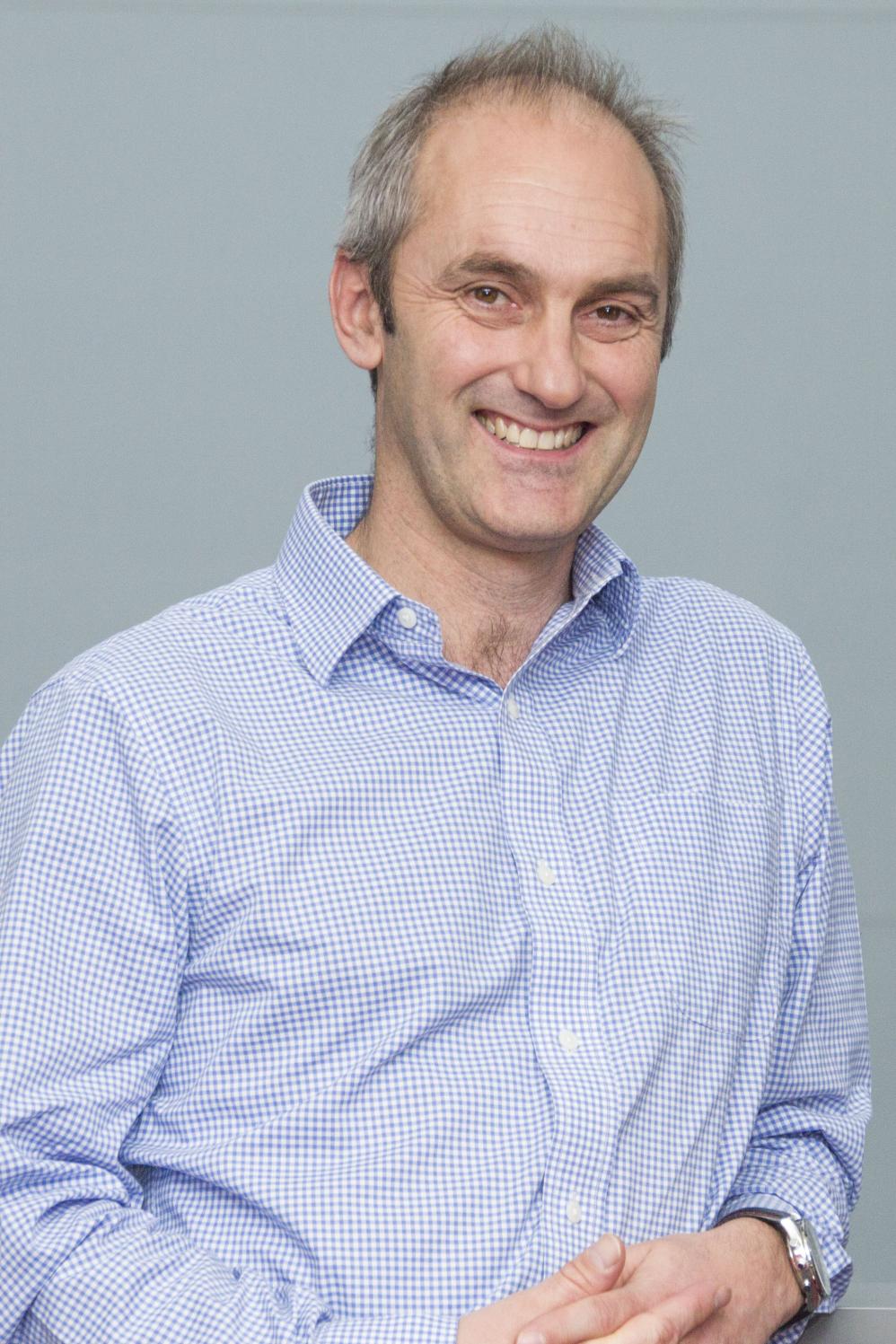
David Ray
Professor of Medicine, University of Manchester
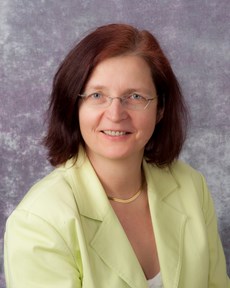
Steffi Oesterreich
Professor and Vice Chair, Department of Pharmacology& Chemical Biology, Women's Cancer Research Institute
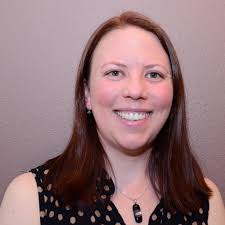
Jessica Finlay-Schultz
Associate Professor, University of Colorado Anschutz Medical Campus
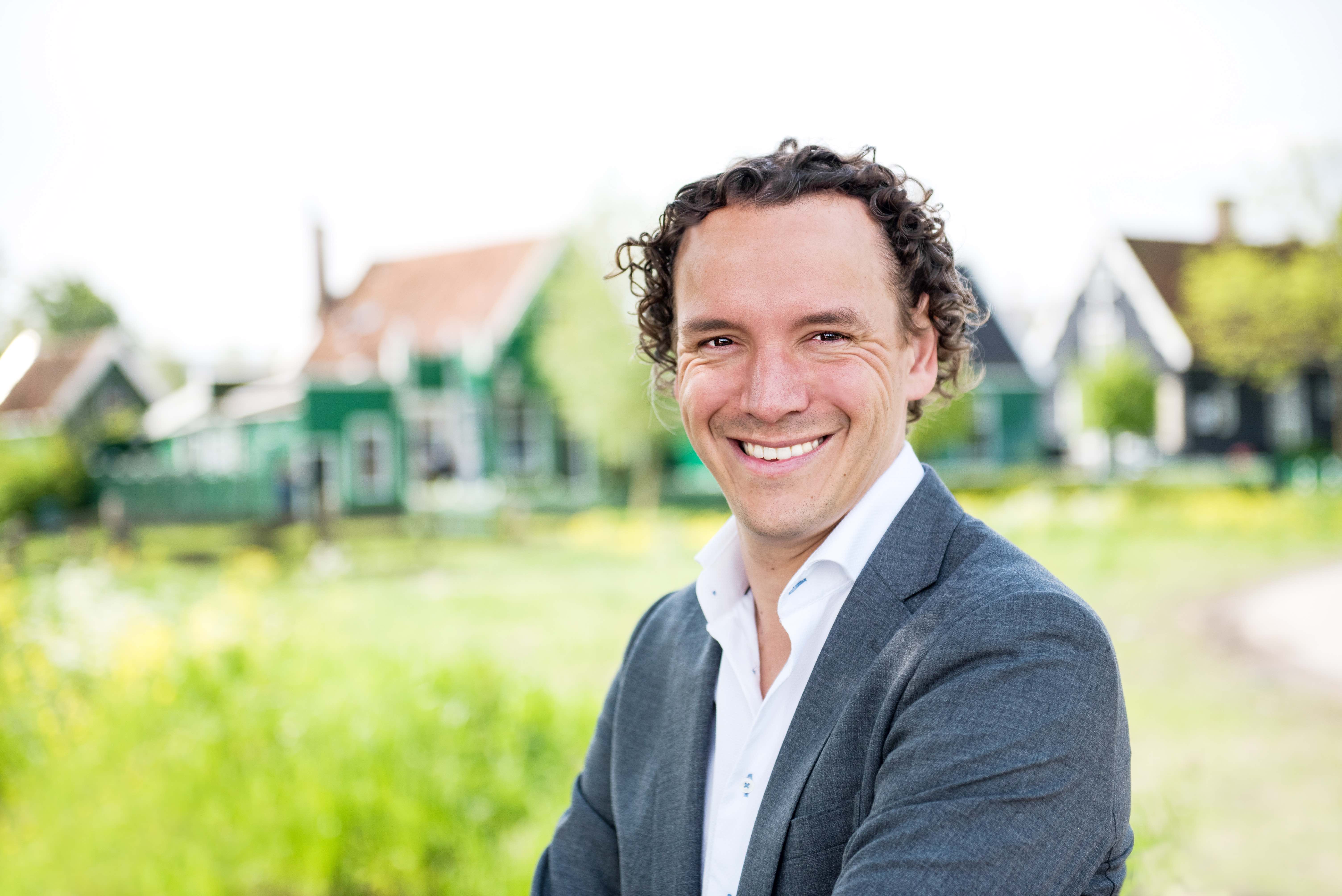
Wilbert Zwart
Senior groupleader, Netherlands Cancer Institute
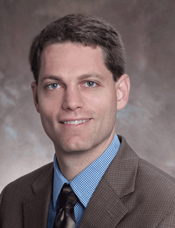
Eric Ortlund
Associate Professor, Emory University
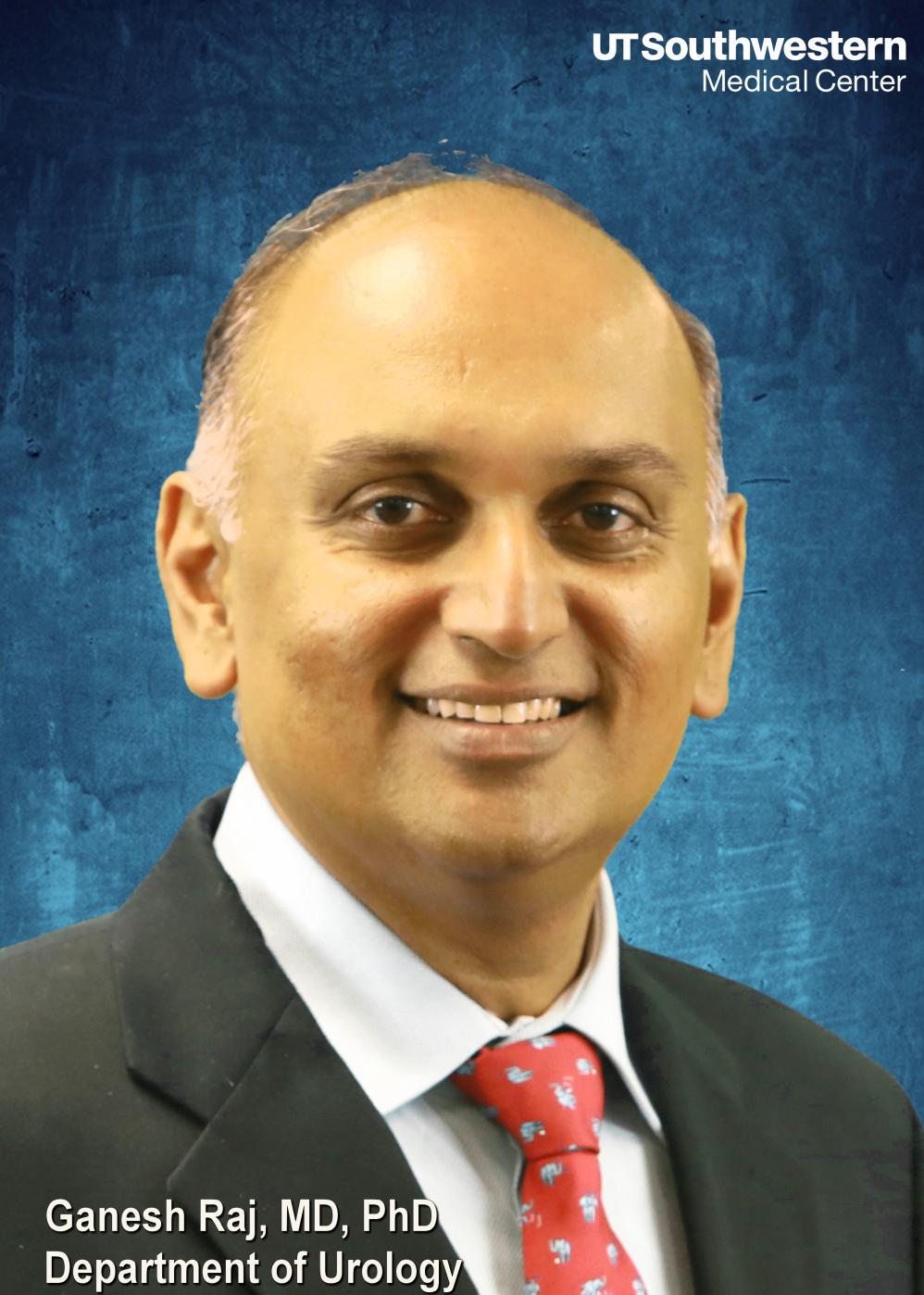
Ganesh Raj
Professor, UT Southwestern Medical Center
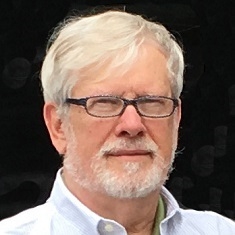
Gordon Hager
Lab Chief, National Cancer Inst, NIH
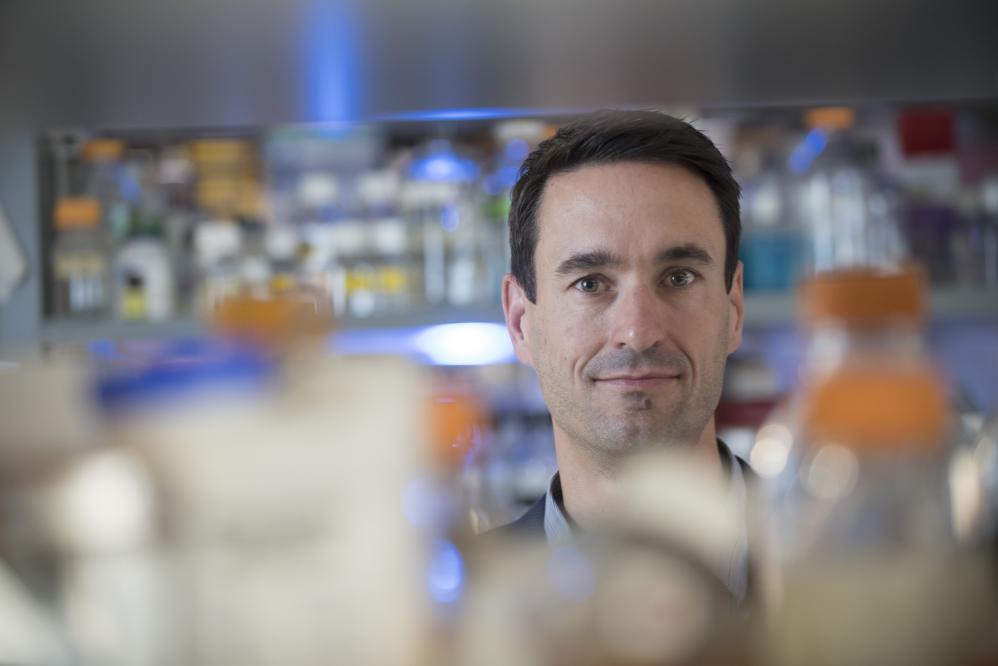
Scott Dehm
Associate Professor, Masonic Cancer Center, University of Minnesota
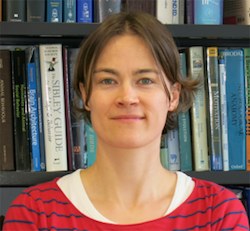
Charlotte Cornil
F.R.S.-FNRS Senor Research Associate, Univeristy of Liege
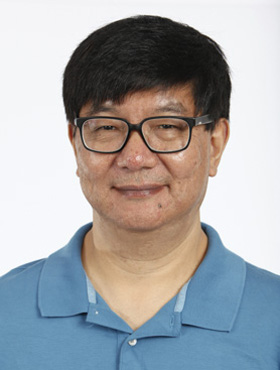
Yijun Ruan
Professor & Director, JAX Genomic Sciences, The Jackson Laboratory
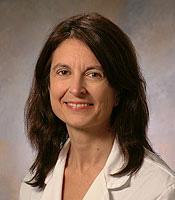
Suzanne Conzen
Professor, The University of Chicago
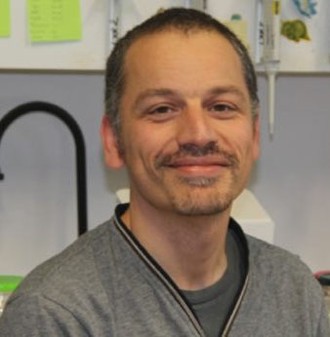
David Volle
PI, team leader, CNRS UMR 6293, Inserm U1103, UCA
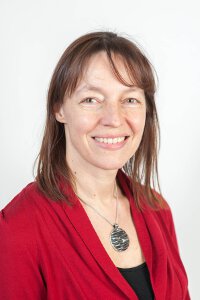
Catherine Williamson
Professor, King's College London

Eva Estebanez-Perpina
Professor, University of Barcelona
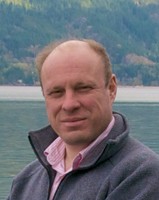
John Schwabe
Director of Leicester Institute of Structural and Chemical Biology, University of Leicester
Programme
TUESDAY 27th FEBRUARY 2018 |
||
|
14:00 – 14:45 |
Registration & Reception |
|
|
14:00 – 14:45 |
Group Welcome Lunch |
|
|
14:45 – 15:00 |
Opening Comments |
|
|
NR in Development, Metabolism and Reproduction |
||
|
15:00 – 15:45 |
David Moore |
REGULATION OF LIVER ENERGY BALANCE BY PPARALPHA AND FXR |
|
15:45 – 16:15 |
Carlie de Vries |
NUR77 GOES METABOLIC IN MACROPHAGES |
|
16:15 – 16:45 |
Frank Claessens |
DIRECT AND INDIRECT EFFECTS OF ANDROGENS ON THE MUSCULOSKELETAL SYSTEM |
|
16:45 – 17:15 |
Charlotte Cornil |
ESTROGEN NUCLEAR- AND MEMBRANE-INITIATED SIGNALING COOPERATE TO REGULATE BEHAVIOR |
|
17:15 – 17:45 |
Refreshment Break |
|
|
17:45 – 18:15 |
Catherine Williamson |
GESTATIONAL METABOLIC ADAPTATIONS SIGNALLED THROUGH NUCLEAR RECEPTORS |
|
18:15 – 18:30 |
Kendall Nettles |
CHEMICAL SYSTEMS BIOLOGY ANALYSES REVEAL DISSOCIATED GLUCOCORTICOID SIGNALING NETWORKS IN SKELETAL MUSCLE |
|
18:30 – 18:45 |
Ying Zhou |
VITAMIN D RECEPTOR REGULATES TISSUE MACROPHAGE ACTIVITY IN PRESPONSE TO HEPATIC ENDOPLASMIC RETICULUM STRESS |
|
18:45 – 19:15 |
David Volle |
NUCLEAR RECEPTOR NETWORKS IN MALE FERTILITY |
|
19:15 – 19:45 |
PM Panel Discussion |
|
|
19:45 – 20:15 |
Poster Viewing & Drinks |
|
|
20:15 |
Group Dinner |
|
WEDNESDAY 28th FEBRUARY 2018 |
||
|
07:00 – 08:30 |
Breakfast |
|
|
NR Crosstalk Session Chairs: Sylvie Mader and Eric Kalkhoven |
||
|
08:30 – 09:15 |
Karen Knudsen |
TARGETING DNA REPAIR-AR CROSSTALK DYSFUNCTION IN ADVANCED PROSTATE CANCER |
|
09:15 – 09:30 |
Daniel Gioeli |
CHECKPOINT KINASE 2 AND ANDROGEN RECEPTOR CROSS-TALK REGULATE THE DDR AND PROSTATE CANCER GROWTH |
|
09:30 – 10:00 |
Theresa Hickey |
ANDROGEN AND ESTROGEN RECEPTORS IN BREAST TISSUES: OPPONENTS OR TEAMMATES? |
|
10:00 – 10:30 |
Refreshment Break |
|
|
10:30 – 11:00 |
Wilbert Zwart |
ESTROGEN RECEPTOR CISTROMICS IN BREAST TUMORS: FROM BIOMARKERS TO NOVEL DRUG TARGETS |
|
11:00 – 11:30 |
Suzanne Conzen |
MODULATING GLUCOCORTICOID RECEPTOR FUNCTION IN BREAST AND PROSTATE CANCER |
|
11:30 – 11:45 |
Claire Fletcher |
MIR-346 INTERACTION WITH A LONG NON-CODING RNA LINKS AR ACTIVITY AND DNA DAMAGE REPAIR. |
|
11:45 – 12:15 |
AM Panel Discussion |
|
|
12:15 – 16:15 |
Lunch at Leisure & Free Time |
|
|
12:30 – 15:45 |
Group Trip: Snorkeling (signups required in advance) |
|
|
Epigenetics & Chromatin Regulation |
||
|
16:15 – 16:45 |
Lee Kraus |
NUCLEAR RECEPTORS, TRANSCRIPTIONAL ENHANCERS, AND GENE REGULATION |
|
16:45 – 17:15 |
Luca Magnani |
ENHANCERS MAPPING UNCOVERS PHENOTYPIC HETEROGENEITY AND EVOLUTION IN PATIENTS WITH LUMINAL BREAST CANCER |
|
17:15 – 17:45 |
Charlotte Bevan |
MICRORNA REGULATION OF ANDROGEN SIGNALLING |
|
17:45 – 18:15 |
Yijun Ruan |
PROTEIN FACTORS INVOLVED IN 3D GENOME ORGANIZATION & TRANSCRIPTION REGULATION |
|
18:15 – 18:45 |
Jessica Finlay-Schultz |
PROGESTERONE RECEPTOR REGULATION OF CANCER CELL TRANSLATION |
|
18:45 – 19:15 |
PM Panel Discussion |
|
|
19:15 – 19:45 |
Refreshment Break |
|
|
19:45 – 20:45 |
Bert O’Malley: Cancer Research UK plenary speaker |
NUCLEAR RECEPTORS AND THEIR COACTIVATORS: AN ENTRE TO UNDERSTANDING HUMAN DISEASES |
|
20:45 |
Dinner at Leisure |
|
THURSDAY 1st MARCH 2018 |
||
|
07:00 – 08:30 |
Breakfast |
|
|
NR structure & regulation |
||
|
08:30 – 09:15 |
Geoffrey Greene |
EXPLOITING MULTIPLE NUCLEAR RECEPTORS IN BREAST CANCER |
|
09:15 – 09:45 |
Steffi Oesterreich |
ER MUTATIONS IN ENDOCRINE RESISTANT BREAST CANCER |
|
09:45 – 10:15 |
Eric Ortlund |
TARGETING LRH-1 WITH SMALL MOLECULE MODULATORS |
|
10:15 – 10:45 |
Sebastiaan Meijsing |
TRANSCRIPTIONAL REGULATION BY THE GLUCOCORTICOID RECEPTOR: ROLE OF DNA SHAPE AND SEQUENCE IN MODULATING OUTPUT AND NOISE |
|
10:45 – 11:15 |
Refreshment Break |
|
|
11:15 – 11:45 |
Eva Estébanez-Perpiñá |
ANDROGEN RECEPTOR DIMERIZATION |
|
11:45 – 12:00 |
Eric Kalkhoven |
NATURAL PPARγ MUTANTS: A MODEL FOR ALLOSTERIC SIGNALING BETWEEN NUCLEAR RECEPTORS AND DNA |
|
12:00 – 12:15 |
Isabelle Billas |
STRUCTURAL BASIS OF SPECIFIC DNA RECOGNITION BY THE ESTROGEN-RELATED RECEPTOR ERR |
|
12:15 – 12:45 |
John Schwabe University of Leicester |
STRUCTURAL BIOLOGY TO UNDERSTAND CO-REGULATOR MECHANISMS, NUCLEAR RECEPTOR DISEASE AND TO DEVELOP NOVEL THERAPEUTIC APPROACHES |
|
12:45 – 13:15 |
AM Panel Discussion |
|
|
13:15 – 15:30 |
Lunch at Leisure & Free Time |
|
|
NR in non-malignant disorders Session Chairs: Amina Zoubeidi and Douglas Gibson |
||
|
15:30 – 16:00 |
Philippa Saunders |
ANDROGENS AND ENDOMETRIAL FUNCTION: REPLICATION, REPAIR AND REGENERATION |
|
16:00 – 16:15 |
Pamela England |
DE-ORPHANING AND DRUGGING NURR1 – A THERAPEUTIC TARGET FOR PARKINSON’S DISESASE |
|
16:15 – 16:45 |
David Ray |
RAPID, CYTOPLASMIC ACTIONS OF THE GLUCOCORTICOID RECEPTOR IMPACT ON CELL MOVEMENT |
|
16:45 – 17:00 |
Sang Jun Han |
THE PATHOGENIC ROLE OF ESTROGEN RECEPTOR ΒETA DRIVES IN ENDOMETRIOSIS |
|
17:00 – 17:30 |
Refreshment Break |
|
|
17:30 – 18:00 |
Susanne Mandrup |
TRANSCRIPTIONAL NETWORKS REGULATING MSC DIFFERENTIATION |
|
18:00 – 18:15 |
Toshiya Tanaka |
PEMAFIBRATE, A SELECTIVE PPARΑ MODULATOR (SPPARMΑ), PREVENTS INTRAHEPATIC MACROPHAGE ACCUMULATION AND ACTIVATION OF NON-ALCOHOLIC STEATOHEPATITIS |
|
18:15 – 18:30 |
Ines Pineda-Torra |
BEYOND LIGAND ACTIVATION: DISRUPTING LXRΑ PHOSPHORYLATION TO REPROGRAM DIETINDUCEDTRANSCRIPTOMES AND MODULATE PROGRESSION OF METABOLIC DISEASES |
|
18:30 – 19:00 |
PM Panel Discussion |
|
|
19:00 – 20:00 |
Poster Session & Refreshments |
|
|
20:00 |
*Gala Dinner & Poster Awards* |
|
FRIDAY 2nd MARCH 2018 |
||
|
07:00 – 08:30 |
Breakfast |
|
|
NR in cancer |
||
|
08:30 – 09:00 |
Gordon Hager |
THE STRUCTURAL BASIS OF CHROMATIN REPROGRAMMING BY STEROID RECEPTORS |
|
09:00 – 09:15 |
Moray Campbell |
STAGE-SPECIFIC AND GLOBAL FUNCTIONS OF NCOR2 IN PROSTATE CANCER PROGRESSION |
|
09:15 – 09:45 |
Scott Dehm |
CLINICALLY-RELEVANT CONTEXTS FOR AR VARIANTS IN PROSTATE CANCER |
|
09:45 – 10:15 |
Refreshment Break |
|
|
10:15 – 10:45 |
Ganesh Raj |
TARGETING THE INTERACTOME OF AN ORPHAN NUCLEAR RECEPTOR IN TRIPLE NEGATIVE BREAST CANCER |
|
10:45 – 11:00 |
Amina Zoubeidi |
RATIONALE TARGETING CELL PLASTICITY IN TREATMENT RESISTANT PROSTATE CANCER |
|
11:00 – 11:15 |
Sylvie Mader |
ROLE OF CHROMATIN REMODELING IN THE SUPPRESSION OF ESTROGEN-INDUCED TRANSCRIPTION BY PURE ANTIESTROGENS |
|
11:15 – 11:30 |
Amy Mandigo |
RB LOSS REPROGRAMS AR AND E2F1 SIGNALING IN MODELS OF PROSTATE CANCER PROGRESSION |
|
11:30 – 12:00 |
AM Panel Discussion |
|
|
12:00 – 12:15 |
Closing Comments |
|
|
13:00 – 19:50 |
Group Trip: Tulum (signups required in advance) |
|
Supported by
Interested in sponsoring this conference?
Contact usVenue & Location
Fiesta Americana Condesa
This stylish hotel features contemporary Mexican architecture, including one of the largest and most impressive thatched-roof "palapas" in the entire country. There are cultural activities, arts and crafts and sports programs to keep you constantly entertained, plus time to relax and enjoy the Mayan culture, soak up the Caribbean sunshine and revel in the international ambiance that settles in after the sun goes down.
Throughout your stay delegates will enjoy a full meal plan, inclusive of beverages. Take your pick from the aromatic Asian delights at Kaumbu, traditional fare at El Mexicano, delicious international cuisine at Kalmia Buffet or perhaps sample the sumptuous Italian dishes at Rosato. There are also several other dining opportunities such as the Cevichería, Pizzeria, Sushi Corner, pool and lounge bar areas. The Gala Night with either a Mayan or Caribbean theme takes place on the third evening of the conference with a mouth-watering feast of local cuisine, an open bar and amazing local entertainment. We welcome all delegates and their accompanying persons to the Gala Night – a truly fun filled night not to be missed!
Hotel Facilities
- Lagoon Pool
- Extensive Health Club and Spa
- Complimentary Wi-Fi in guest rooms and throughout hotel and conference areas
The Fiesta Americana Condesa, Cancun is the 2015 Winner of the Trip Advisor Certificate of Excellence and also received the Travellers Choice Award in 2014.
The remains of ancient Mayan cities are scattered throughout the Yucatan Peninsula and no trip to Cancun would be complete without a visit to these majestic temples and pyramids set amongst lush tropical vegetation. We will be working very closely with a reputable tour company who will be organising trips to Tulum, Chichen Itza, Coba and Xcaret to name a few, some of which may require a full day. Full day excursions will be arranged pre or post conference and may be on an individual or group booking so we would recommend booking extra nights to extend your stay as early as possible to avoid disappointment should these excursions be of interest to you and/or your party. For further information please contact us.
General Information
Venue Rating
★ ★ ★ ★ ★
Currency
US Dollar (USD)
Address
Fiesta Americana Condesa, Blvd.Kukulkán km 16.5 Zona Hotelera, Cancun, 77500 Mexico
Nearest Airport
Cancun International Airport
Location
Cancun is a delightful combination of natural beauty, islands, ecological reserves and white sandy beaches. However, besides sun, sand and sea, this destination also offers an infinite variety of underwater activities to choose from: the diving, snorkelling and fishing here are outstanding and you will find an undersea world packed with tropical fish that live on the second largest barrier reef in the world. Sports enthusiasts might choose one of the many eco-tourism activities, such as cycling or hiking through the tropical forest or kayaking through mangroves, or something a little more adventuresome, like zip lining through the treetops.
Apart from the more well-known ancient Mayan archealogical sites such as Tulum, Cobá and Chichén Itzá you may like to visit the Aktun Chen caverns, voted one of the Top 10 underwater walks by National Geographic described as a truly magical experience.
Gallery
View on FlickrIf you are interested in this meeting but not yet ready to register, you can sign up for updates here and our team will keep you updated regarding deadline reminders and grant opportunities relating to this meeting only.
If you're interested in sponsoring this conference please contact us.
Conference Manager

Meredith Willmott
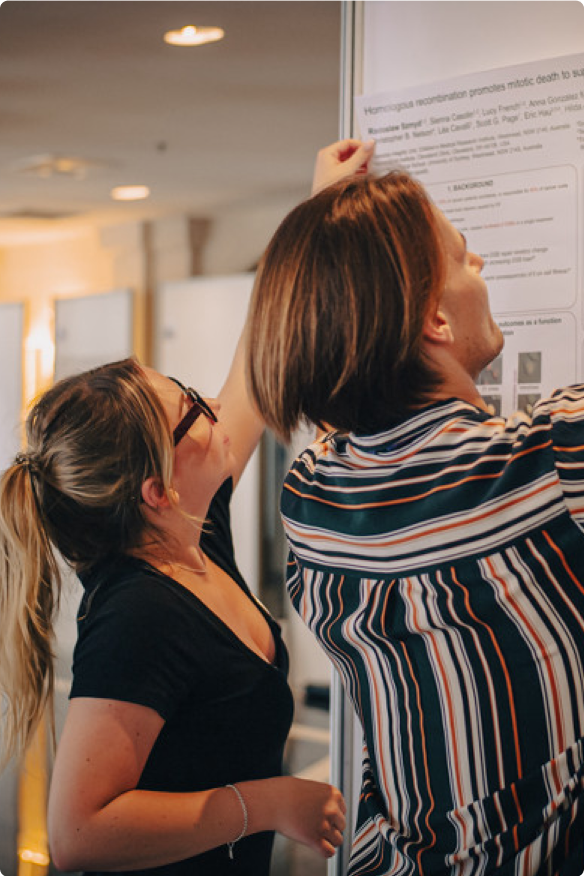

Need some help? Chat to the Fusion team today
As a family run business, our dedication runs deep. We’re committed to each other and, even more so, to every attendee’s experience, delivering a level of care and passion that’s truly unmatched.





